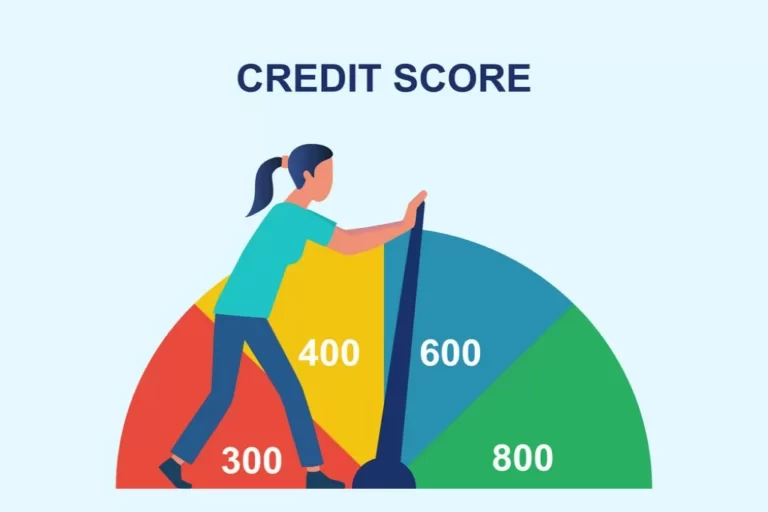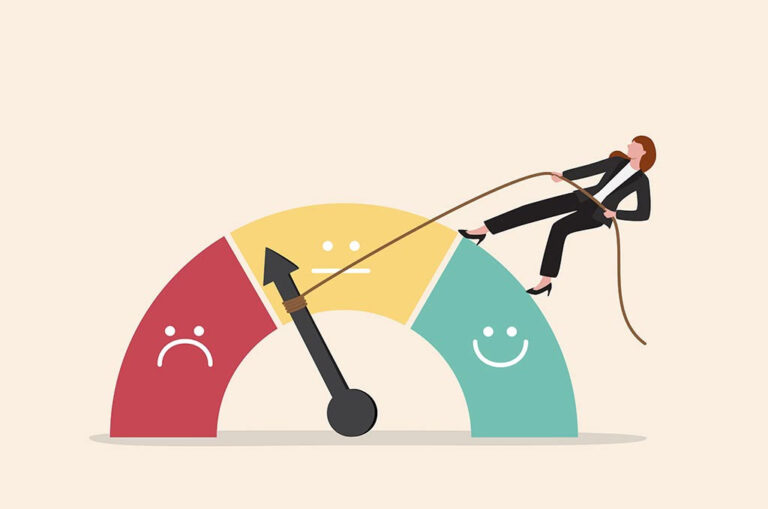What Is A Credit Score?
A credit score is any number from 300-850 that tells your financial performance. It is determined by your payment history, amount of debts, the total of open credit account, length of credit history, and recent credits.
Your credit score changes over time as your credit history changes, like when you get a new loan or default in payment. Kathryn Hopewell, a credit score analyst from Chicago said that there is a possibility of having more than one credit score without changing your credit history, and she gave a reason for that. “This is because different financial institutions use different methods for calculating credit scores”, she says.
Credit Report v/s Credit Score
Your credit report contains all your credit history. It states the kind of loans you have, how long you’ve been in debt, how much you owe on credit cards, how good you are with repaying debts. It also contains the number of debts you’ve defaulted on and the judgment passed on those debts.
Best Websites To Check And Build Your Credit Score
On the other hand, your credit score is a number based on your credit report that determines your credit approval.
How Does Credit Score Works?
Hopewell gave an answer to that when she said “The higher your credit score, the better your loan option, and vice versa”. Meaning that, if you are a subprime borrower – have a lower credit score, you will pay more for interest, repay within a shorter time, or be denied a loan. But if your credit score is good, you get to enjoy reduced interest rates and extended loan periods.
Different Credit Scoring Systems
There are two major credit scoring systems used by most financial institutions. Each of them has several versions, but they use the same score upper and lower limits. The only difference between them is the percentage allocated to credit history.
This scoring system is the most used. With this scoring system, you need to have at least six months of credit history to get a credit score. The credit score is determined by;
| Payment History | 35% |
| The amount owed | 30% |
| Length of credit history | 15% |
| Number of credit account | 10% |
| New credit | 10% |
After calculating the credit score, results are grades as such;
| Poor | 300-579 |
| Fair | 580-669 |
| Good | 670-739 |
| Very good | 740-799 |
| Excellent | 800-850 |
Vantage score is another credit score system. With this scoring system, you don’t need to have a credit history to get a credit score.
| Payment history | 40% |
| Depth of credit | 21% |
| Credit utilization | 20% |
| Balances | 11% |
| Recent credit | 5% |
| Available credit | 3% |
Credit scores are then graded into the following’
| Poor | 350-630 |
| Fair | 630-690 |
| Good | 690-720 |
| Excellent | 720-850 |
You can check your credit score from credit score bureaus.


What Is A Good Credit Score?
A good credit score is a score of 700 when calculated with the either FICO or vantage scoring system. “Your credit score tells us you are capable with your finances and you can apply for a loan,” Kathryn says.
How To Increase Your Credit Score?
- Pay off your bills on time
The first thing Hopewell said about increasing credit score was “avoid defaulting in your payment, you need to pay your bills early”. You can opt for an automatic payment method where the loan amount will be deducted from your bank account at a particular time.
- Plan your income
To avoid overspending and having to overuse your credit card, you should plan your income. Keep track of your income and expenditure. Know how much you need each month and stay within that budget.
- Reduce the number of debts
“This strategy will help you reduce how much you owe and there are two ways to go about it,” she says. “You can either pay the lowest debt first or start with the one with the highest interest rate. When you start with the lowest debt, you can pay it off quickly and move to the next lowest one. This way, you get to reduce the number of debts. Or you can start with the one with the highest interest rate so all your income won’t go to paying for interest” she advised.
- Reach out to your creditor in case of a financial hiccup
In a situation where you are unable to meet up the payment deadline for your loan, you can reach out to your creditor to extend your payment date. This act can put you on the good grace of your creditor and score you a few points as regards your credit score.
- Raise your credit limit
Another way to increase your credit score is to raise your credit limit. Every credit account has a limit and this limit may affect your credit score. Kathryn gave the reason for this, she said “the idea of increasing your credit limit is to lower your credit utilization”. For example, if you have a limit of let’s say $1000 and you use up your credit up to $800, that leaves you with a high credit utilization percentage. But when you increase your limit to let’s say $10000 and you still maintain the $800 spent credit, you have a higher credit utilization percentage.
- Keep your account open
It is advisable to leave your account open even when you don’t need it because the number of credit card accounts you have makes up 15% of your credit score. This means that the chances of you having a good credit score increase by less than a quarter when you leave your credit card account open.
Why You Should Improve Your Credit Score?
Kathryn gave some benefits a good credit will earn you. She also started why you need to improve your score. Here is what she said:
- Enjoy loan benefits
“Those with good credit scores get to enjoy certain benefits with their loan,” she says. Such benefits include a low interest rate and an extended loan period in addition to the guarantee of them securing a loan. Unlike those with credit scores below 700.
- Enjoy reduced insurance rates
Several factors determine the amount you get to pay as a premium, one of them is your credit score. Most insurance companies consider low credit scores as high risk and tend to increase their insurance rates. But when you have a good credit score, you may enjoy discounts off your premium.
- Mortgage eligibility status
Another benefit of improving your credit score is your mortgage eligibility. You may not be approved for a mortgage if you have a low credit score. For scores of 700 and above on the FICO scoring system, you get good interest rates and are eligible for a mortgage. For credit scores less than that, you can either get FHA loans but first pay a 10% down payment or get a mortgage with high interest rates.
Conclusion
Your credit score is very vital in saving your financial life. It determines your creditworthiness and your insurance rate. You should aim to keep it as good as possible.
Did you take our Reader Survey? If not, it only takes 1 minute and you can take our survey here.










